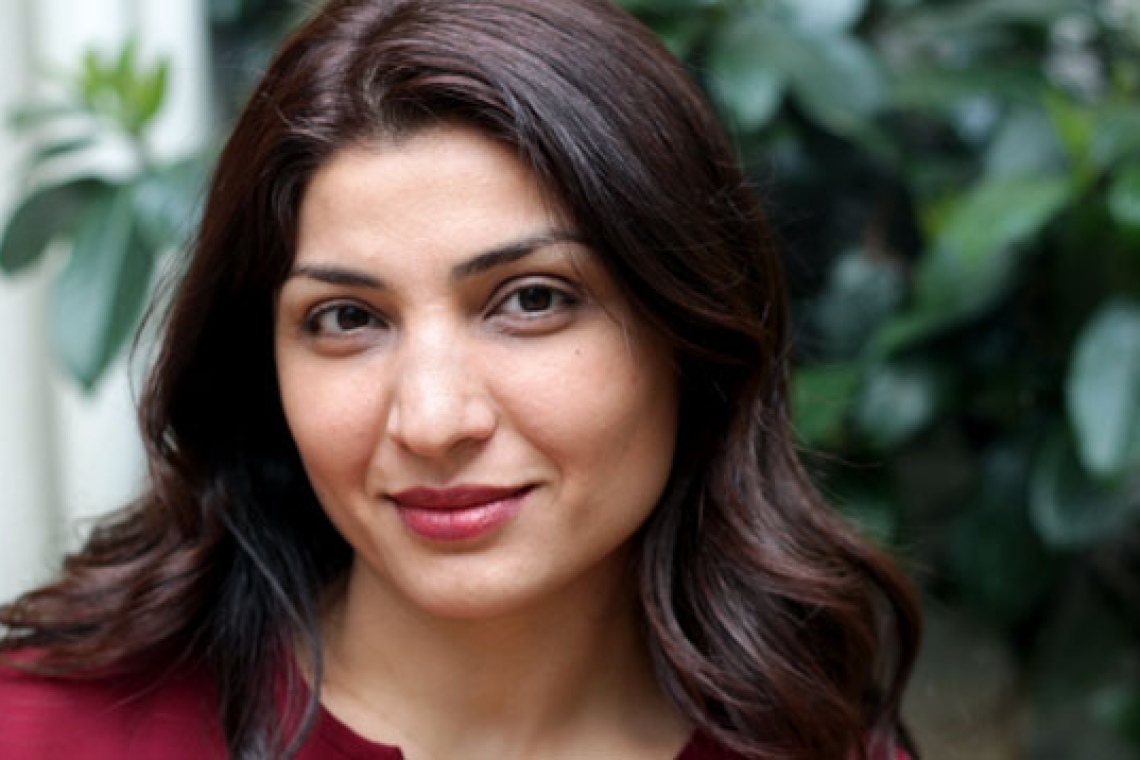EYLEM SONBAHAR
A court in Istanbul has lifted one of the judicial control measures imposed on human rights lawyer and activist Nurcan Kaya, who is on trial for alleged “membership in a terrorist organization” and “violating the law on the prevention of financing of terrorism.” However, the court ruled to maintain her international travel ban.
The first hearing in Kaya’s case was held at the Istanbul 13th High Criminal Court. Kaya, represented by the Media and Law Studies Association (MLSA), attended the hearing remotely via SEGBİS video conferencing from Diyarbakır Courthouse. Attorneys Veysel Ok, Hazal Sümeli, and Sidar Gümüş were present in the courtroom.
Kaya was detained on Feb. 18, 2025, as part of an investigation into the Peoples’ Democratic Congress (HDK), a legally operating political umbrella group in Turkey. On Feb. 21, she was placed under house arrest. That measure was lifted on May 15, but the court ordered her to report to a police station once a week and imposed a travel ban.
Kaya: “I was not even a suspect when phone was tapped”
In her defense statement, Kaya rejected all charges. “I am a lawyer, a researcher, and a columnist. My academic and professional life has been dedicated to human rights law, activism, and writing,” she said. She noted that during her interrogation at the prosecutor’s office, she gave a statement while handcuffed.
Kaya criticized the indictment for including phone call transcripts collected while she was not even under investigation. “These are unlawfully obtained wiretaps. They contain maliciously selected excerpts of my legal consulting work, journalistic activities, and personal conversations. None of them are criminal. There is no evidence showing that I am a member of HDK or that I acted within any organizational hierarchy,” she stated.
Regarding the accusation of financing terrorism, Kaya said she had donated to the Rojava Association, a legally registered organization that was later shut down by an emergency decree. “I don’t see anything unusual about donating to a lawful association. Moreover, investigations into others who donated to this group were dropped, and in some cases, courts ruled for acquittal,” she added. Kaya requested that all judicial control measures be lifted.
Attorney Ok: “You cannot accuse someone of membership in an organization that doesn’t exist”
Veysel Ok, co-director of MLSA and Kaya’s attorney, also challenged the legal basis of the charges. “HDK’s co-chairs are sitting members of parliament and participated in peace negotiations. To accuse someone of membership in an armed organization, such an organization must first legally exist,” Ok said.
He added that the Istanbul 25th High Criminal Court previously asked the Court of Cassation whether HDK is considered a terrorist organization. “The Court of Cassation replied: ‘No, it is not.’ There is absolutely nothing in the case file that connects my client to HDK. She has been lumped into a group without cause. If HDK were a terrorist organization, why would the state allow its meetings?” he said.
Phone records destroyed, no criminal content found
Ok pointed out that Kaya’s phone was tapped when she was not a suspect, which is illegal under Turkish law. He noted that the recordings were later destroyed by the police because they did not contain any criminal content. “When we said, ‘These recordings aren’t ours,’ there was nothing left to review—the police had already destroyed them,” Ok said.
“Thirteen years have passed since the phone calls were made. We have a pending application before the Constitutional Court. If it rules in our favor, the damages will be paid from public funds,” he added. He emphasized that the calls in question involved professional conversations and even Kaya’s legal communications with her own clients.
“The state cannot criminalize donations to a legal organization it allowed to operate”
“The state does not lay traps for its citizens,” Ok said. “If the state permits a civil association to operate, it cannot later prosecute those who donated to it. My client was never questioned about the donation, yet it appears in the indictment.” He concluded by demanding the removal of both the travel ban and signature obligation.
Court partially lifts judicial controls, postpones case
The prosecutor requested that the judicial control measures remain in place and asked for the case file to be sent to prepare the final opinion.
The court ruled to lift the requirement for Kaya to sign in at a police station once a week but decided to keep the international travel ban. The file will be sent to the prosecution to prepare the main opinion. The next hearing is scheduled for Dec. 18.



